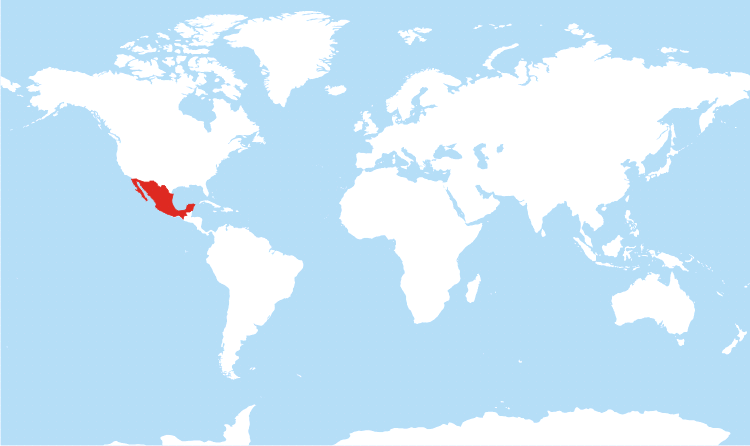MexicoExport Requirements:
Shipping California fruit of the genus Vaccinium spp. to Mexico requires a Phytosanitary Certificate (PC) issued by USDA-APHIS. The County and State must be indicated in the place of origin box on the PC. All fruits as well as packaging must be free of leaves, plant debris, and soil. In the case of fruit originating from California, the PC must contain Additional Declarations stating:
Tariffs:
On December 1993, Mexico, Canada, and the United States signed a trilateral agreement creating a free trade area in North America. The North American Free Trade Agreement (NAFTA) came into force on January 1, 1994, and on January 1, 2008, virtually all tariffs were eliminated on goods traded between Mexico, Canada, and the U.S., including fresh, frozen, and dried blueberries. The United States–Mexico–Canada Agreement (USMCA) has been in force since July 1, 2020. The terms of the USMCA did not alter tariffs on fresh, frozen, and dried blueberries. |

